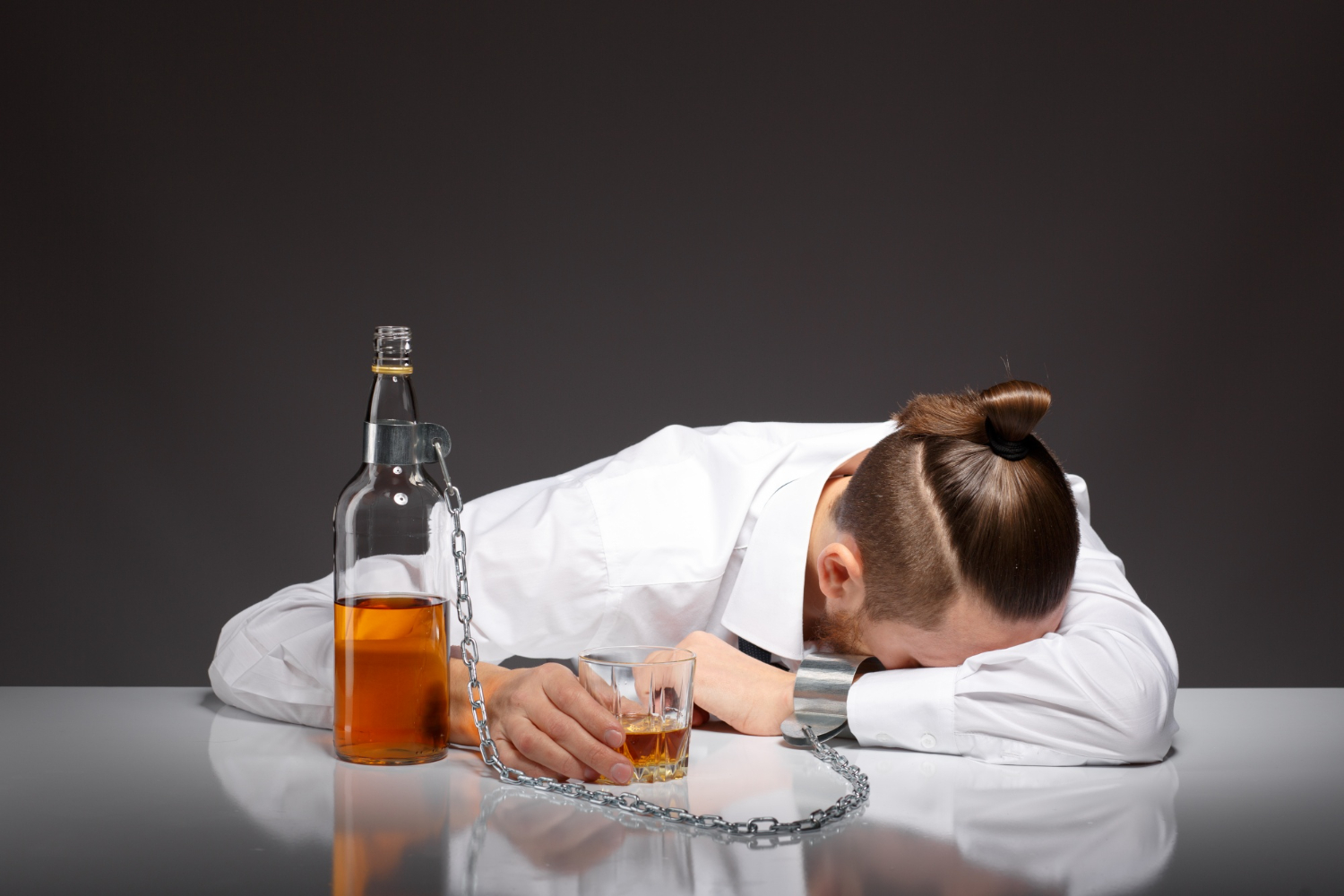
Addiction recovery in Brooklyn becomes necessary when alcohol starts controlling your life instead of you controlling it. Recognizing the warning signs can help you get the support you need before the situation worsens. This guide covers the key indicators that show when professional help is needed. Physical symptoms, relationship problems, and failed quit attempts all point to the same conclusion. Understanding these signs helps you make informed decisions about seeking treatment.
Physical Withdrawal Symptoms
Your body tells you when alcohol has become a serious problem. Shaking hands, heavy sweating, feeling sick, and high anxiety are common withdrawal signs. Some people experience dangerous seizures that require immediate medical care. These symptoms happen because your body has gotten used to having alcohol in your system. Medical professionals at rehab centers know how to manage these symptoms with proper medication and care safely.
Increased Tolerance Levels
Needing more drinks to feel the same effects means your tolerance has gone up. This happens when your body adapts to regular alcohol use over time. Two beers don't affect you the way they used to. This pattern often leads people to drink larger amounts more frequently. Higher tolerance is a clear warning sign that your drinking has progressed beyond casual use.
Neglecting Responsibilities
Alcohol becomes a problem when it interferes with your daily duties. Missing work, ignoring bills, or skipping family events because of drinking shows a serious issue. You might find yourself choosing alcohol over things that used to matter to you. This pattern often begins small but worsens over time. When drinking becomes more significant than your responsibilities, it's time to seek help.
Failed Attempts to Quit
Trying to stop drinking on your own without success is frustrating and discouraging. You might have made promises to yourself or others about cutting back or quitting completely. Each failed attempt can exacerbate your feelings about your situation. This cycle happens because addiction changes how your brain works. Professional treatment provides the tools and support needed to break this pattern successfully.
Relationship Strain
Alcohol problems don't just affect you - they hurt the people you care about, too. Arguments about drinking, broken promises, and lost trust damage relationships over time. Family members and friends may express worry or frustration about your behavior. You might find yourself lying about how much you drink or hiding bottles of alcohol. When alcohol starts destroying your connections with others, treatment can help rebuild those bonds.
Decline in Mental Health
Heavy drinking often makes anxiety and depression worse, not better. You might use alcohol to cope with stress, but it actually creates more problems. Sleep problems, mood swings, and trouble thinking clearly are common effects. These mental health issues can make it even harder to stop drinking on your own. Rehab programs address both addiction and mental health together for better results.
Other Related Articles:




